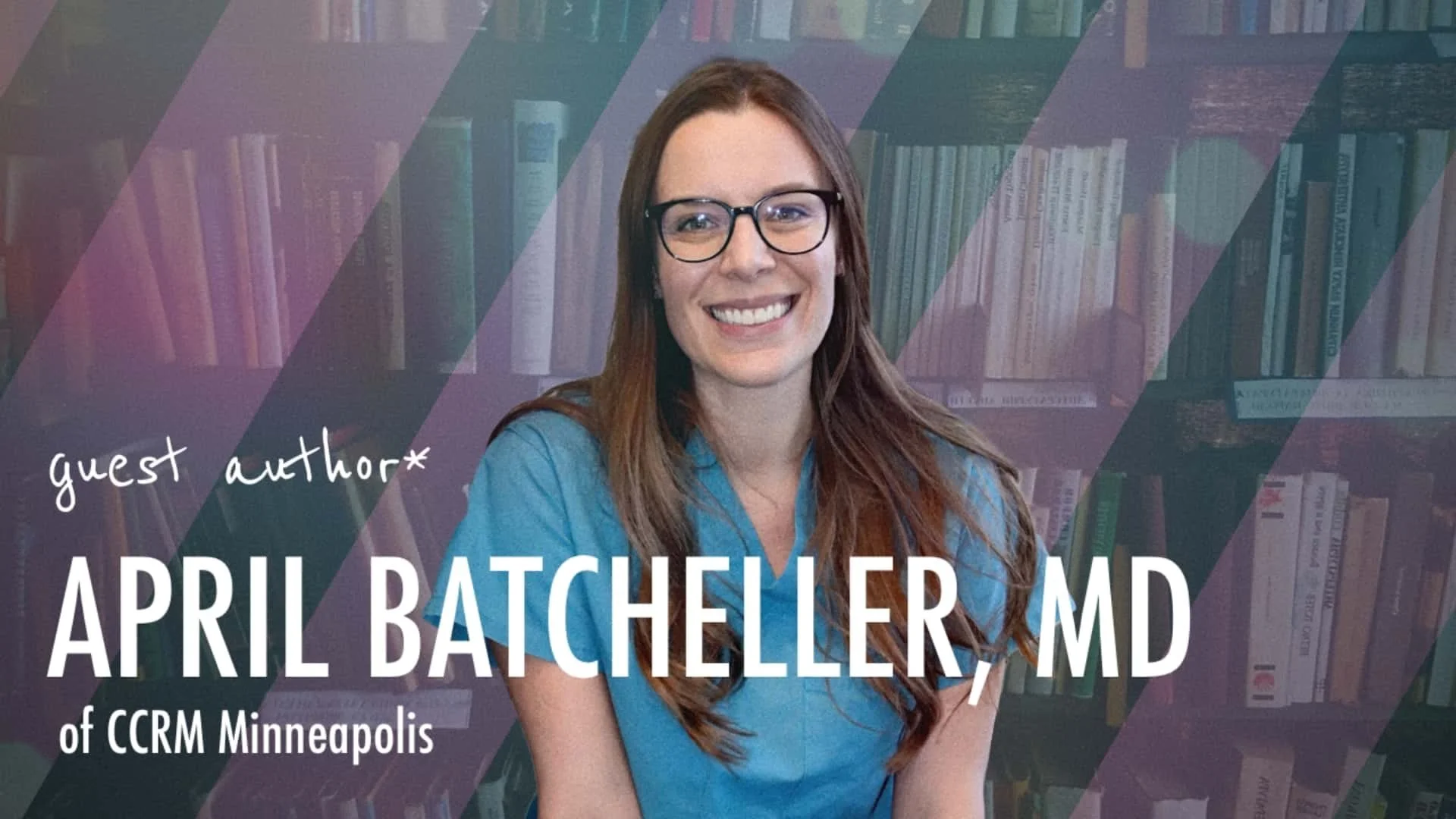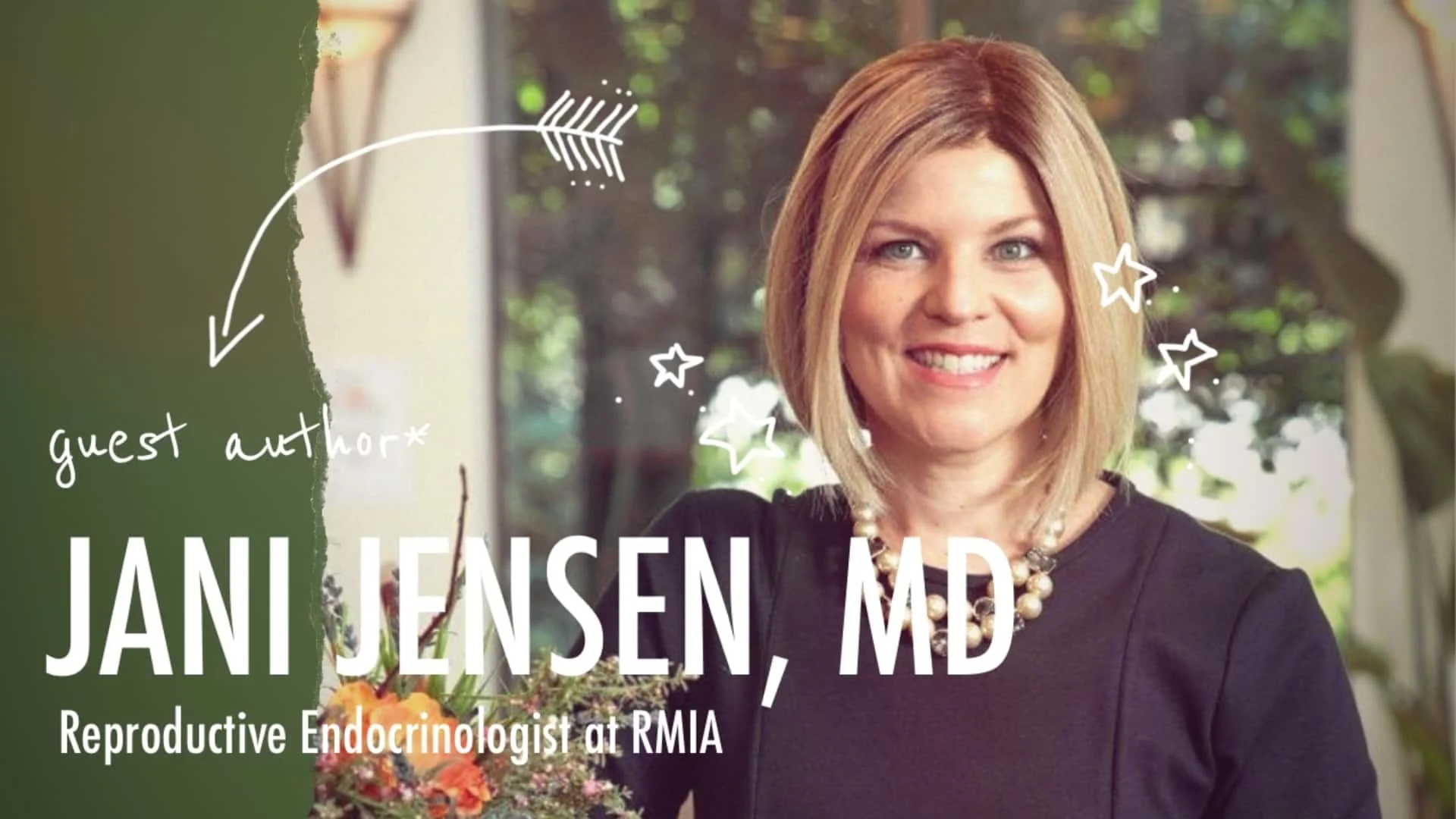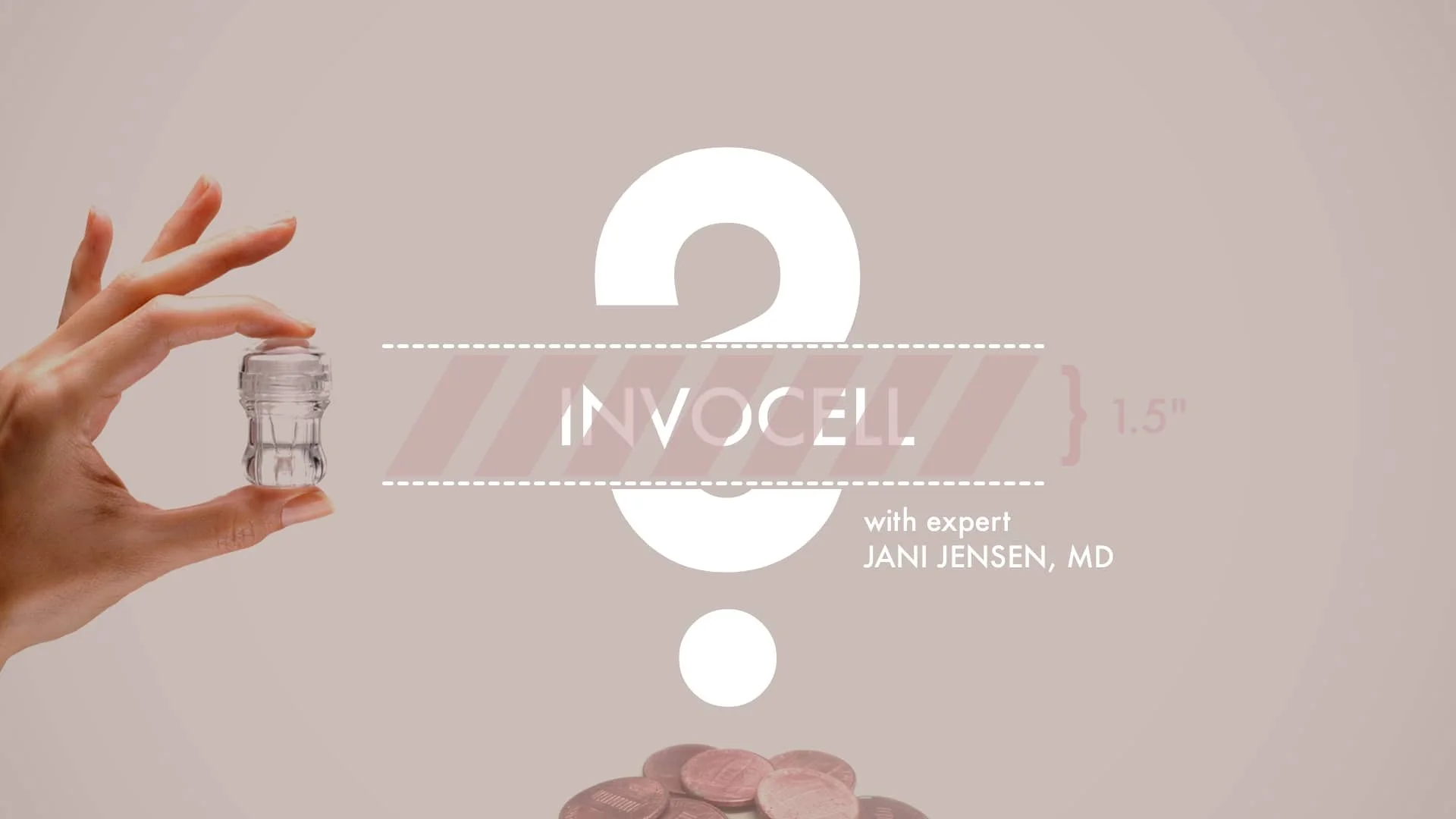REALITY CHECK - PREGNANCY AFTER INFERTILITY
This guest article is by the fabulous Abbie Diehl, who is a licensed clinical social worker and parent via IVF.
In addition to her training as a social worker and first-hand fertility experience, Abbie has also completed the official mind-body fertility training program through the renown Domar Mind Body Institute. Abbie also speaks Spanish and is committed to serving social justice and bringing an anti-racist lens to her practice in Minneapolis, MN.
Reality Check - Pregnancy After Infertility
Abbie Diehl | Licensed Clinical Social Worker and IVF Parent
“Your HCG levels look great.”
My hand shook as I heard these words from my RE come through the phone. This was the news that I had been waiting over four years to hear. Not exactly the way I dreamed of finding out I was pregnant.
How many times had I imagined that stick showing two lines, feeling the flood of joy and excitement in the bathroom by myself, and then hatching a sweet plan to surprise my husband with the news? This phone call was not that. It was the news I longed to receive but completely different from the way I dreamed of receiving it. It was, bittersweet. Joy alongside sadness. Gratitude alongside grief. Excitement alongside anxiety.
This was pregnancy after infertility.
It would take weeks before I could say the words, “I’m pregnant.” It would take months before I could call the blastocyst a baby. Everything in my pregnancy was accompanied with pangs of anxiety, guarding against bad news, and tempering my excitement.
Through my work as a clinical social worker in the fields of child abuse, cancer care, and mental health, I have witnessed the extremes of human suffering. I was no stranger to the difficult. And yet, infertility brought me to my knees. How could it not? It was my personal story of loss, trauma, disappointment, and suffering. It was my turn to walk through the shit. It was the gifts of my work, both in my personal therapy and as a clinical social worker, that showed me the path through. I had the rare privilege of walking alongside people in their worst moments, and through this experience, I learned how to walk through my own worst moments.
My clients taught me that life does not move on after an experience of loss or trauma, you learn to move forward with it. It is a companion that you can choose to recognize, allow, and treat with compassion and curiosity, or, avoid, deny, numb to, and/or fight every step of the way. Neither are easy, but the latter results in a lot more suffering, loneliness, and chaos.
Given this insight, I chose to allow the pain, grief, and anxiety from my experience with infertility accompany me on my journey through pregnancy. Don’t get me wrong, these were uninvited and disruptive companions, but they showed up nonetheless.
Tara Brach, psychologist and Buddhist meditation teacher, often uses the analogy of the uninvited guest in her teachings to present the idea of welcoming in our difficult emotions. No, we did not ask for these emotions to show up and we may not like when they do, but the more we resist, avoid, or numb out to their presence, the more havoc they wreak.
So, instead, Brach teaches us to allow these uninvited guests in with compassion and curiosity. She uses a helpful acronym, R.A.I.N. (Recognize, Allow, Investigate, Nurture), as a guide to this new way of relating to sadness, anxiety, anger, despair, fear, or any of the other emotions that are so-often deemed wrong or unacceptable (I highly recommend her books or podcast if you are interested in learning more).
"Compassionate awareness of our emotions gives us the opportunity to respond to them instead of being at the mercy of them."
This practice is not about giving into or believing our anxieties, fears, or dread. It is about making space for the reality that they can be part of pregnancy after infertility and loss. Compassionate awareness of our emotions gives us the opportunity to respond to them instead of being at the mercy of them.
What did this look like in practice?
For me, it was waiting to inform my larger network until after the 20-week scan, it was regular therapy sessions, it was going to prenatal yoga, it was waiting until 2 weeks before my due date to have a baby shower, it was taking maternity photos, it was not going to any ultrasounds alone, it was waiting to find out the gender of the baby until the birth. Basically, it was noticing what was coming up for me emotionally and responding in the most compassionate way possible. Sometimes that was doing the thing that celebrated and brought normalcy to the pregnancy and sometimes it was allowing for more caution and privacy.
And so, this what I tried to do over and over again: make space for the anxiety and grief companions, and treat them with as much compassion as I could. Did this always work? Yeah, no. But I always knew it was an option. I could stop “should’ing” myself about what this experience was supposed to be, accept what this experience was actually like, and be kind to myself in knowing why it was so hard. It was not the pregnancy I dreamed of, and there is grief in that, and I could not deny the experience of infertility that brought me here.
Being pregnant did not suddenly make me not infertile. This pregnancy was possible because I am infertile. Making space for the fear, the worry, the sadness was, for me, a way to honor all I had done to get there. All I had lost and gained. It was a way to recognize that for myself, and so many others, the path to pregnancy and parenthood is complicated, long, difficult, and devastating. When I made room for the sadness, I also made room for the joy. When I allowed for the fear, it also allowed for the excitement. When I turned toward my anxiety, I could also see the preciousness of the experience.
It was complicated, messy, terrifying, and wonderful. And how could it have been any other way?
Guest Author
Licensed clinical social worker Abbie Diehl currently practices at NCE Wellness. She has significant experience in working with trauma and secondary trauma, grief and loss, complex medical issues, including cancer and infertility, anxiety, depression, interpersonal issues, and life transitions.
Nicole Lange
LICENSED ACUPUNCTURIST
HOLISTIC FERTILITY EDUCATOR







Perspective from someone who’s been on both sides of an ultrasound.